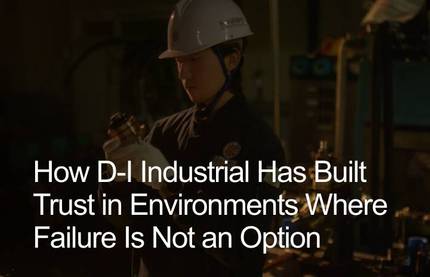Sharp Rise Seen in North Sea Decommissioning
Decom North Sea (DNS), the organization which represents the North Sea’s oil and gas decommissioning industry, has welcomed changes in the budget which will boost the sector, leading to new jobs and investment in new equipment.
With annual decommissioning expenditure in the North Sea forecast to top £1billion within a few years and a total of about £35billion due to be spent over the next 20 to 30 years, DNS had called for the budget to provide long-term certainty. The forum has around 200 members, drawn from across the full spectrum of the industry, including operators and contractors.
The Government announced it will introduce a package of oil and gas measures to secure billions of pounds of additional investment in the UK Continental Shelf, which includes a contractual approach to offer long-term certainty on decommissioning relief.
“The announcement has provided a set level of relief for operators, which will assist the whole industry - and particularly the smaller breed of operators working in the North Sea - and will encourage more asset sales with prospective buyers now being assured of Government support when the assets reach the decommissioning phase,” said DNS Chief Executive Brian Nixon. “We believe the budget will lead to operators being able to move forward with their decommissioning plans, which will in turn help to reassure the hundreds of supply chain companies and encourage them to consider investment in new equipment or tooling or to attract new staff.
Expenditure levels are forecast to rise steadily, from a current level of about £500million to over £1billion per annum within the next two to three years, perhaps reaching as many as 10 decommissioning projects each year.
This is an increase on initial projections, which put the cost of decommissioning North Sea oil and gas facilities at between £24-30 billion within the same period to 2040 – and there is every chance the figure could rise again in future. When Norwegian, Danish and Dutch oil & gas facilities are included, the figure is expected to double.
Activity will ramp up in the coming years, requiring significant investment by the supply chain, and significant expenditure by operators and the Government, to ultimately remove more than 600 installations and associated infrastructure, around 5000 wells and close to 10,000km of pipelines.
“There are huge business opportunities for contractors, service specialists, equipment providers, technology developers, consultants and professional service companies from around the North Sea,” Nixon added.













